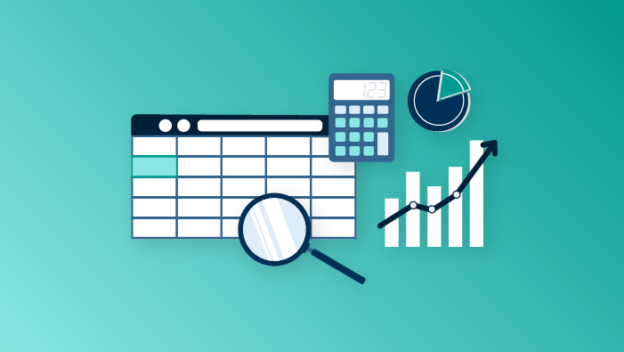Learn how you can use Common Data Elements (CDEs) to assist researchers and guide clinicians and others in interpreting research. This webinar introduces you to the concept and value of CDEs, provides examples of their use in research, and recommends resources you can use to provide support for researchers.
CDEs are standardized, precisely defined questions paired with a set of allowable responses, used systematically across sites, studies, and clinical trials to ensure consistent data collection. They are a powerful tool for improving data quality, facilitating data sharing and interoperability, enabling integration and meta-analysis of data across multiple studies, and enhancing research reproducibility.
The National Institutes of Health (NIH) has encouraged the use of CDEs for over a decade, and the urgency of collecting standardized data in the context of COVID-19 research has sparked renewed interest in how CDEs can be beneficial in all research.
This course is an approved elective for the Level II Data Services Specialization.
Learning Outcomes
By the end of the webinar, you will be able to:
- describe how, when, and why CDEs are used in biomedical research
- explain how CDEs promote research rigor and facilitate data interoperability and reuse
- identify resources and provide services for researchers interested in adopting CDEs
Audience
This webinar is appropriate for health information professionals who are interested in learning more about domain-specific research data best practices, including those who provide support for researchers on data-related issues and those who assist clinicians and other users in interpreting research.
Presenter

Lisa Federer, AHIP, is the National Library of Medicine (NLM) Data Science and Open Science Librarian, in which capacity she supports workforce development and enhances data science and open science capacity in the biomedical research community. Prior to joining NLM, Lisa spent five years as the Research Data Informationist at the National Institutes of Health Library, where she developed and ran the Library’s Data Services Program. An active member of the Medical Library Association, she led the development of the MLA Data Services competency and is the editor of the Medical Library Association Guide to Data Management for Librarians. She holds a PhD in information studies from the University of Maryland and an MLIS from the University of California-Los Angeles, as well as graduate certificates in data science and data visualization.
Registration Information
- Length: 1.5 hour recorded webinar
- Technical information: After you have registered, go to My Learning in MEDLIB-ED to access the live webinar, resources, evaluation, and certificate.
- Register, participate, and earn 1.5 MLA continuing education (CE) contact hours.


